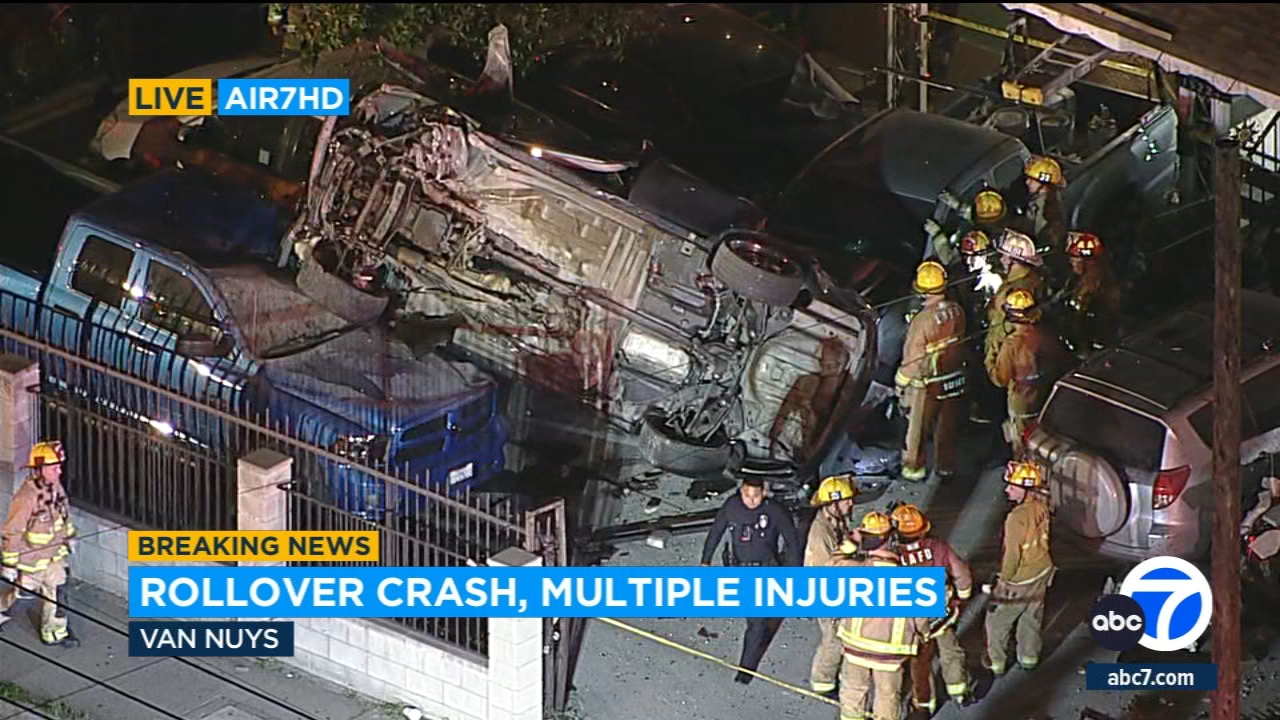LA-based mobile field hospital responds to natural disasters around the world

LOS ANGELES (KABC) -- When disaster strikes in any part of the world, a team from the nonprofit International Medical Corps responds. Their motto: First there, no matter where.
This week, they set up a field hospital in the middle of downtown Los Angeles to help train local doctors and nurses and other medical personnel. The goal was to help prepare them for the next crisis or natural disaster.
They ran a simulation -- an outbreak for a highly infectious disease.
During a cholera outbreak, saving lives depends on making sure the water supply is clean and starting hydration right away. Cholera is very infectious and the spread of the disease can quickly turn into a serious situation.
"If there's a malnutrition or famine crisis, it could be emergency obstetric care in a place where maybe there is mass displacement," said Erica Tavares who works with International Medical Corps.
Their setup includes a 50-ton, 12-module hospital, but when disaster strikes, it can be on the ground and ready to provide care in 72 hours anywhere around the world.
"We can respond to a range of disasters," Tavares said.
IMC's partner, FedEx keeps all the components for the hospital in storage at their warehouse in Memphis, ready to be deployed.
"You have to get those relief supplies, the aid, the equipment, the medicine on the ground quickly," said Neil Gibson, who is with FedEx.
When IMC responded to the earthquake in Haiti, they determined they needed a mobile hospital like this. Parts of it have already been used in Puerto Rico following Hurricane Maria and in Florida after Hurricane Irma.
"Actually, because of those assets that were delivered, we were able to provide just over 7,000 health consultations in the three months following the hurricane," Tavares said.
In the aftermath of a natural disaster when there's no access to clean water, emergency kits are essential. During the simulation event, volunteers assembled wound care and hygiene kits, which are crucial to stopping the spread of disease.
Volunteers will finish 750 of those emergency kits, and simulations will continue Thursday. The goal is to be ready at a moment's notice.
"We have team members who are around the globe who are ready to respond," Gibson said.





